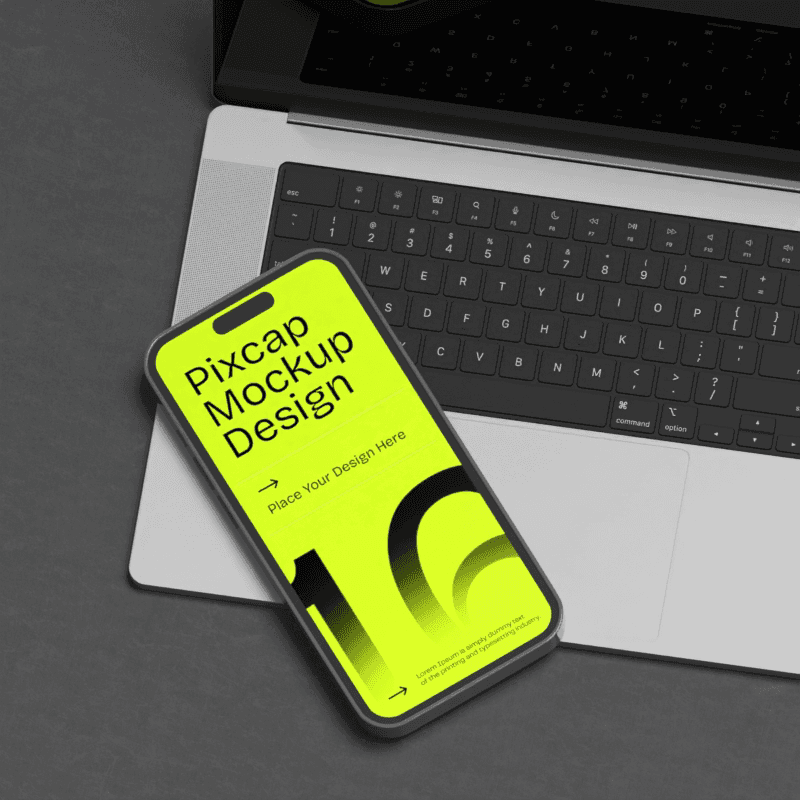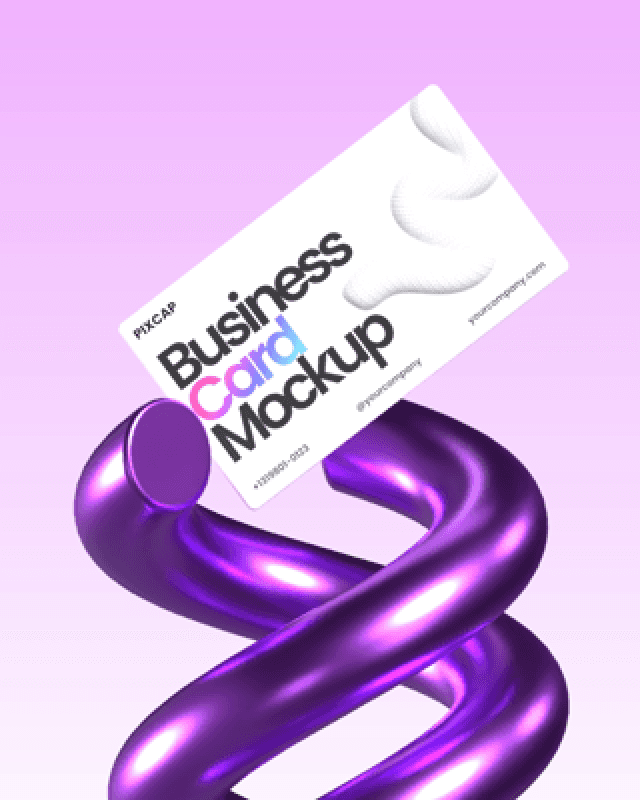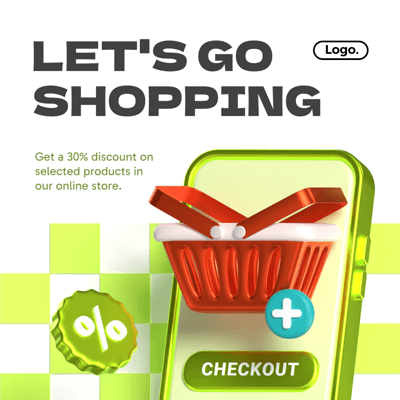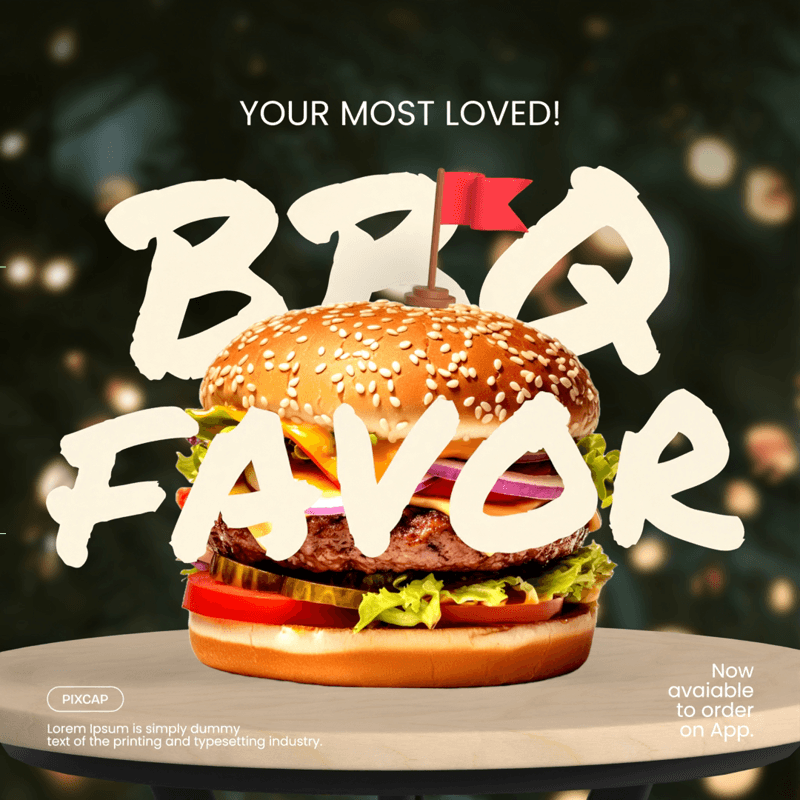When it comes to the food industry, how products are presented is often as important as the products themselves. In a global economy powered by consumerism and visual culture, packaging design has become a crucial battleground for capturing market share.
Food packaging design blends looks with usefulness, follows rules while telling the brand's story, and keeps consumers safe without harming the environment. In 2024, how a food package looks and is designed will play a big role in why customers buy something, making it a key part of any food business's plan.
In this detailed guide, we'll break down the main parts of food packaging design and give you creative ideas to help your brand stand out from the rest. Whether you're experienced in packaging and want to update your style or you're new to the growing food industry, this guide will boost your knowledge and inspire your packaging projects.
Understanding the Food Market in 2024
The global food market is growing because there are more people, changing tastes, and new, special kinds of food.
This year, we've seen a lot of new food products, making brands work harder to get noticed by potential customers. With so many options out there, the way a product is packaged is extremely important - it's the first thing customers see and it can make them choose one brand over another.
If you're starting a food business, you need to make sure your packaging stands out, looks good, and shows what your food brand is all about.
Key Elements of Food Packaging Design
Brand Identity and Recognition
Your brand's unique identity must be immediately recognizable through your packaging.
From color schemes to logos, the visual elements you choose should resonate with your target audience and communicate your brand's story effectively.
In 2024, we're seeing a trend towards minimalist designs with a focus on eco-friendliness, reflecting a growing consumer interest in sustainability. Think about how you as a packaging designer can incorporate these elements into every aspect of your packaging to create a cohesive and memorable brand image.
Product Appeal
Your food packaging should make the consumer's mouth water before they've even tasted your food.
Beautiful, high-quality images that represent the product inside, combined with the right textures and finishes, can create an irresistible the package design that consumers can't ignore.
Utilize the latest printing technologies and work with talented graphic designers or photographers to ensure that what's on the outside truly reflects the goodness inside.
Don't forget to mock up your packaging in a real-life setting. Seeing your product on a store shelf or in a home kitchen can help you catch any design flaws or areas for improvement.
TRY THIS ANIMATED JARS MOCKUP TEMPLATE
TRY LONG SNACK PACKAGING MOCKUP TEMPLATE

Clarity and Information
Transparency and trust go hand in hand. Detailed and easy-to-read information about your product, including ingredients, nutritional facts, and any special attributes such as 'organic' or 'gluten-free,' are crucial.
Functionality and Practicality
The package is the consumer's first interaction with your brand strategy or product, and it should be a positive one.
Consider the ergonomics of the box design, the convenience of storage, and the ease of use. In addition, packaging that extends the shelf life of the food or guarantees its freshness adds practical value to the consumer and can be an excellent selling point for your brand.
Sustainability and Green Packaging
In an age where environmental awareness is at an all-time high, sustainable packaging is no longer a niche concept — it's a consumer expectation.
Brands are exploring ways to make their packaging part of a closed-loop system to reduce waste and energy consumption, thereby creating a more environmentally friendly and sustainable packaging model. From mushroom-based packaging to seaweed wrappers, the future of food packaging is looking greener than ever.
In 2024, eco-friendly designs are not only good for the planet but are a strong indicator of a brand's ethical ethos and can act as a powerful sales driver.
How to Design Food Packaging that Stands Out
Now that we understand the importance of food packaging, let's dive into some practical tips on the food packaging design process that will differentiate your food product out from the competition.
Know Your Target Audience
Before you start designing, it's crucial to have a clear understanding of who your target audience is. This includes their demographics, preferences, and values.
If your target audience is health-conscious millennials, you may want to consider using bold and vibrant designs that convey a sense of freshness and vitality. On the other hand, if your product is targeted towards busy working professionals, sleek and minimalist packaging may be more appealing.
Understanding your target audience will help guide the design process and ensure that your packaging resonates with them.
Food for kids can be designed with bright colors and fun illustrations to attract the attention of young children.

Conduct a Competitive Analysis
Take a look at what your competitors are doing in terms of packaging design. This will give you an idea of what's already out there and how you can differentiate yourself.
You don't want to copy your competitors, but rather use their designs as inspiration and find ways to make yours stand out. Look for gaps in the market or unique design elements that you can incorporate into your packaging.
Good Hair Day pasta, for example, stands out with its playful and whimsical design, featuring illustrations of hair in different styles made out of spaghetti.

Product Packaging Options
The food packaging industry is changing quickly. Don't just stick to old food package designs designs or chase the latest trends. Talk to vendors about new, innovative options they offer. There are many choices in materials, including eco-friendly ones that attract people who care about the environment.
You also have options beyond just the material, like packaging that can be resealed, reused, or is flexible. Using great packaging, that has a use after purchase can help your brand stand out and get people talking about your product.
Branding and Messaging
Your packaging is an extension of your strong brand identity. It should align with your overall food branding and messaging.
Make sure to include your company logo, brand colors, and any key messages or taglines on the packaging. This will help customers easily recognize your product and create a cohesive brand image.
Consider the emotions you want to evoke with your packaging design and tailor your messaging accordingly. For example, if you want to convey a sense of luxury and sophistication, using high-quality materials and elegant fonts can help achieve that.
Trends in Food Packaging
Innovation is the lifeblood of packaging design, and the food industry is no exception to this trend.
Interactive and Smart Packaging
As technology continues to advance, so does packaging design. Interactive and smart packaging allows consumers to engage with the product in new ways, providing a more immersive experience.
For example, Augmented Reality (AR) labels can provide additional information about the product or even suggest recipes using the ingredients inside. This not only adds value for the consumer but also creates a unique selling point for the brand.
Storytelling and Personalization
Storytelling and personalization through packaging design can create an emotional connection with the consumer, making them more likely to choose your product over others.
For example, incorporating personal stories or brand values into the design can resonate with consumers on a deeper level and create a sense of loyalty towards the brand. This can also be achieved through unique and eye-catching designs that stand out on the shelves.
The brand's visual identity tells a story of coffee from Guatemalan and Brazilian farms. Karbowane Ziarno coffee grows in wild, natural surroundings. It has a unique and interesting charm, just like the jungle.

Multi-Sensory Experiences
Packaging that not only looks good but also enhances the overall sensory experience of the food is gaining popularity.
Textures, scents, and sounds that echo the product's natural environment or flavor profile can be achieved through innovative packaging solutions.
Conclusion
The world of food packaging design is as colorful and diverse as the food itself. Understanding how packaging can impact customer choices in 2024 is key to making your brand stand out and leave a lasting impact. Your packaging is more than just a container; it's a part of your brand's identity and shows your dedication to quality, creativity, and being eco-friendly.
When you invest in good packaging, you're investing in your brand's future. With the tips and ideas in this guide, you're ready to make your mark in the food world with packaging that attracts people's taste buds and their eyes, fitting the modern consumer's tastes and values.
Need 3D food packing mockup templates? Check out options on Pixcap to visualize your packaging designs in a real-world setting.














